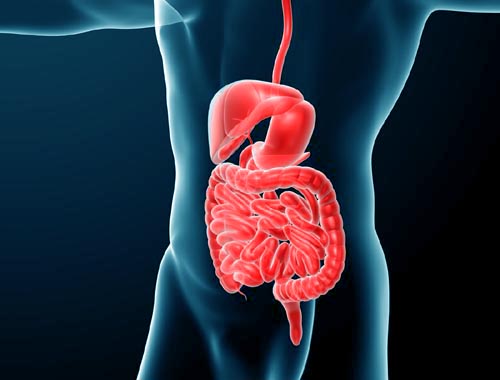Labtest and symptoms - how to get diagnosis online medicine
 Published: 3 Sep 2024
Published: 3 Sep 2024
Low vitamin D levels are common, especially among the elderly.
That's a big health concern, given that vitamin D is important to all the body's cells and tissue. It's valuable and low cost. The 25-hydroxy vitamin D test accurately measures the level of this important vitamin because 25-hydroxy vitamin D changes to an active form of vitamin D in the kidney.Known as Complete Metabolic and Lipid Panel, this test reveals important information about the health of your vascular system, liver, kidneys, and blood cells. The Complete Metabolic measures blood glucose, while the Lipid panel measures total cholesterol and breakdowns of HDL (high-density lipoprotein, or good cholesterol) versus LDL (low-density lipoprotein, or bad cholesterol). Complete Metabolic and Lipid Panel
This is the test you might receive at an annual physical. In other words, it can help detect or predict heart disease, diabetes, and other common chronic conditions. The panel also looks at important minerals in the blood, such as iron, calcium and potassium.
Vitamin D-25 Hydroxy
Vitamin D's importance to overall health has been a big newsmaker in recent years. Vitamin D deficiency can affect immune function, bone density, heart health�even mood.
This is another byproduct of renal function that demonstrates the health of your kidneys.This mineral is essential for ensuring that blood, tissues, and cells have adequate water to function properly.
Blood urea nitrogen: Normal range is 6 to 20 mg/dL (2.14 to 7.14 mmol/L). Before this test, you might need to fast for up to 12 hours.
BMP includes:
Calcium: Normal range is 8.5 to 10.2 mg/dL (2.13 to 2.55 mmol/L). Basic metabolic panel evaluates blood urea nitrogen, glucose, sodium, potassium, calcium, chloride, carbon dioxide, and creatinine, which can help determine renal function, electrolyte balance, and fluid balance. Your cells require calcium to function properly. BMP assists your doctor in making diagnoses, aiding in normal health screenings, or monitoring the effects of drugs you are taking, such as those for high blood pressure. Additionally, calcium aids in regular blood clotting.
Carbon dioxide: Normal range is 23 to 29 mmol/L. The health of cells is greatly influenced by this mineral.
Sodium: Normal range is 136 to 144 mEq/L (136 to 144 mmol/L). Blood sugar, or glucose, is an important source of energy for your body, but having too much or too little of it can cause problems.
Potassium: Normal range is 3.7 to 5.2 mEq/L (3.7 to 5.2 mmol/L). This is a measurement of the fluid balance in your body.
Creatinine: Normal range is 0.8 to 1.2 mg/dL (70.72 to 106.08 �mol/L). This can serve as a measure of the health of your kidneys and lungs.
Chloride: Normal range is 96 to 106 mmol/L. Your kidneys produce this naturally, and the amount you have can tell you how well they're working.
Glucose: Normal range is 64 to 100 mg/dL (3.55 to 5.55 mmol/L).
 Published: 3 Sep 2024
Published: 3 Sep 2024